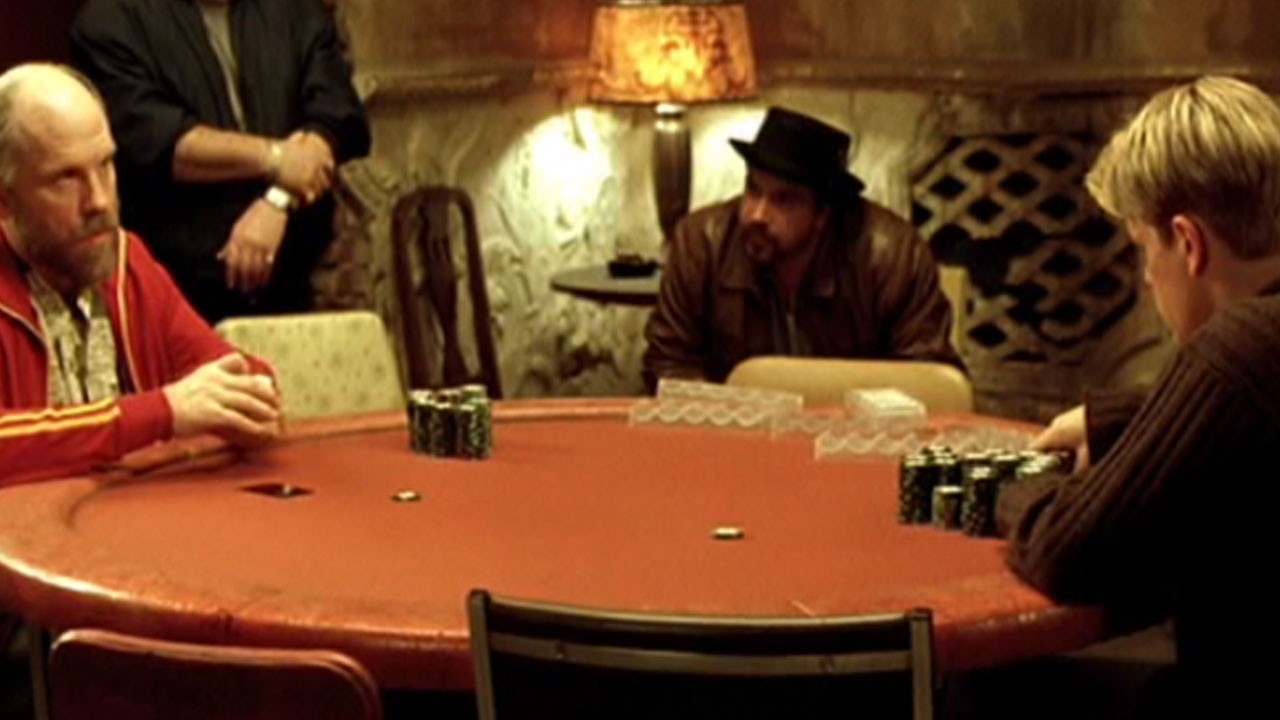Blog
3 Ways Business Is Like Playing Poker
June 3, 2014
Comments: 1
Posted by: John Maddox
You might immediately think “Is he saying business is just gambling?” While business does require the confidence to take risk, it’s not about just having wild All-in moments. Actually being successful demands you make educated gambles.
Top Level Poker Analogy
So how does this relate to poker. Most people who haven’t played poker at a high level think all it takes to win is pure luck. Of course you can’t control the cards that come out, but you can control the ones you play. Once the flop comes, you then can calculate your odds of winning based on what you hit, draws, whether to bet and take down the pot, should you call, and most importantly what do you think the opponent is holding.
In business, the same kind of things should be considered. Should I spend X dollars on advertising, when to ask for a deal, who should I hire, does my competition have a real competitive advantage or are they bluffing. So many things are extraordinarily similar.
1. Making A Calculated Advertising Gamble
You take a look at your cards and see jack-ten of hearts. By the time you have to make a decision to call the $50 raise, 5 other players have called and now you are risking $50 for the chance to win $250. The chance of flopping a straight, a flush or a fantastic draw to a better hand are decent, so there is a decent chance of 5-1 ROI. Now after the flop, if you don’t hit or have a decent draw, if someone bets big it’s smart to fold and only lose $50.
In business, the same concept applies to advertising. Let’s say your average customer is worth $5,000. If you spend $1,000 on an Adwords campaign at cost per click of $2.76 per click, and the people clicking are likely in need of your product or service, then for $1,000 you get 362 chances to make $4,000 if just one customer is generated.
It’s unlikely you will convert more than 3% of those clicks into leads, but if you close just 1 of those leads into a customer, you made $4,000.
Now let’s assume you don’t even get a single lead, and there is no realistic reason e.g. your website was down, a major goof in your content, or you don’t have a good sales funnel. From there, you either need to change your sales logic, or perhaps you just don’t understand your customers. Until you figure out what the problem is, you should “fold” meaning stop spending money on advertising temporarily.
Until you come up with a different angle (get a new hand) it’s not smart to just waste your money without a chance of return.
2. Knowing When To Go For The Close
There are many moments while playing poker that you have to make a decision not based on what cards you have, but how well you determine what your opponent is holding. If you think they don’t have a strong hand, then often you can win just by having the guts to put your money on the table.
In business development, obviously you don’t want to bluff your potential client and not have the ability to deliver. In relation to trying to close a deal, it’s vital that when consulting with your client to find out their needs, you are constantly on the look out for signs they are ready to do business. So often you lose the chance to close the deal by missing the opportunity to ask for the sale. You didn’t have the ability to read the potential client and “bet” by going for the close.
3. The All-in Moment
Every poker player has faced many “All-in” moments. Your opponent has placed a bet that makes you put all your chips on the table. If you make the wrong choice and they have a better hand, it’s all over. On the flip side, if you have the better hand, or a great draw and the odds are in your favor to win big if you hit a straight, then folding can dramatically set you back, both financially and emotionally.
As an entrepreneur, you face many decisions just like these. Should you hire a great talent even if they need a large salary. Should you make a major pivot in the business model. Is a client causing more problems than they are worth. Should you put up with an employee with personal issues or try to help them overcome them. Would it be easier just to close the business than put up with the stress.
In Closing
Each one of these decisions requires you to make an educated gamble. Every aspect of business, both the positive and negative, requires you to take a risk or fold. Sometimes folding is the smart choice, sometimes it isn’t.
As an entrepreneur, you always have to be willing to put all your chips on the table, because your business rapidly becomes your life. You also have to know when the right move is to fold. Not out of fear, but by accepting this it can often be the smartest choice, and saving your All-in moment for the next hand.
Read Comments
John Haielda
June 4, 2014
#2 shows that your business mentality is one that views your client as your supporter.
